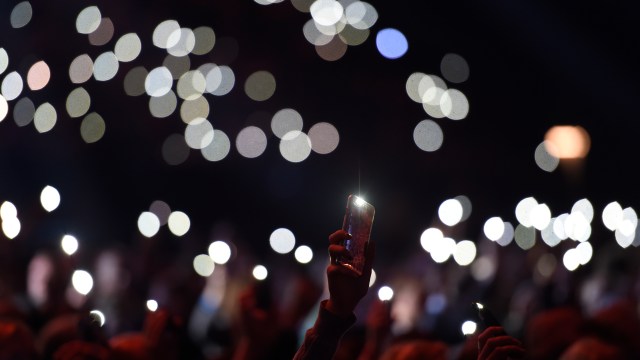Are religious people really less smart, on average, than atheists?

Of course, there are examples of extremely intelligent individuals with strong religious convictions. But various studies have found that, on average, belief in God is associated with lower scores on IQ tests. “It is well established that religiosity correlates inversely with intelligence,” note Richard Daws and Adam Hampshire at Imperial College London, in a new paper published in Frontiers in Psychology, which seeks to explore why.
It’s a question with some urgency – the proportion of people with a religious belief is growing: by 2050, if current trends continue, people who say they are not religious will make up only 13 per cent of the global population. Based on the low-IQ-religiosity link, it could be argued that humanity is on course to become collectively less smart.
One suggestion is that perhaps religious people tend to rely more on intuition. So, rather than having impaired general intelligence, they might be comparatively poor only on tasks in which intuition and logic come into conflict – and this might explain the lower overall IQ test results.
To investigate, Daws and Hampshire surveyed more than 63,000 people online, and had them complete a 30-minute set of 12 cognitive tasks that measured planning, reasoning, attention and working memory. The participants also indicated whether they were religious, agnostic or atheist.
As predicted, the atheists performed better overall than the religious participants, even after controlling for demographic factors like age and education. Agnostics tended to place between atheists and believers on all tasks. In fact, strength of religious conviction correlated with poorer cognitive performance. However, while the religious respondents performed worse overall on tasks that required reasoning, there were only very small differences in working memory.
Also, some of the reasoning tasks, such as an extra-hard version of the Stroop Task known as “colour-word remapping”, had been designed to create maximum conflict between an intuitive response and a logical one, and the biggest group differences emerged on these tasks, consistent with the idea that religious people rely more on their intuition. In contrast, for a complex reasoning task – “deductive reasoning” – for which there were no obviously intuitive answers, there was much less of a group difference.
Daws and Hampshire concluded: “These findings provide evidence in support of the hypothesis that the religiosity effect relates to conflict [between reasoning and intuition] as opposed to reasoning ability or intelligence more generally.”
If, as this work suggests, religious belief predisposes people to rely more heavily on intuition in decision-making – and the stronger their belief, the more pronounced the impact – how much of a difference does this make to actual achievement in the real world? At the moment, there’s no data on this. But in theory, perhaps cognitive training could allow religious people to maintain their beliefs without over-relying on intuition when it conflicts with logic in day to day decision-making.
Emma Young (@EmmaELYoung) is Staff Writer at BPS Research Digest
This article was originally published on BPS Research Digest. Read the original article.





